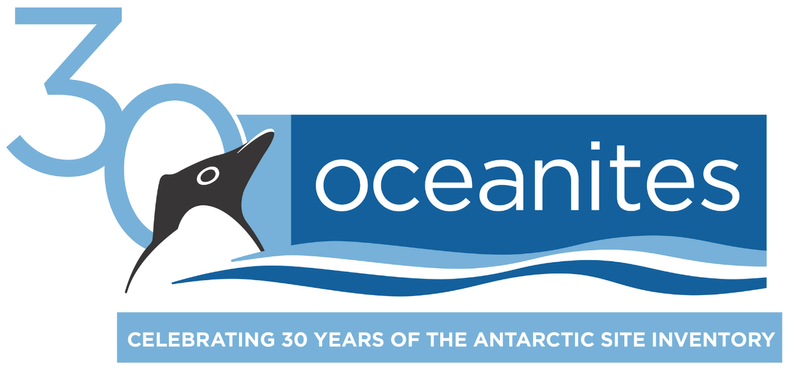
Climate Change and Adaptation
Antarctica is ‘ground zero’ for understanding how a changing climate affects Earth’s living organisms. What happens to Antarctica’s penguins, wildlife, land, ice, and ocean affects us all. Oceanites has inaugurated a major, long-term climate research project that will help distinguish the direct and interactive effects of climate change, fishing, tourism, and national operations in the Antarctic Peninsula, which, in turn, is expected to assist improved environmental management in this vast region as it is warming.
We are the eyewitness to environmental change in the Antarctic Peninsula. The three species of penguins we study are trying to adapt to a whopping 3˚C / 5˚F temperature rise. We'll soon face similar challenges.
Antarctica and our penguins are incubators foretelling our planets future. We are the Antarctic truth-tellers championing science-based conservation and increased international awareness about adaptation to a warmer climate.
We’ve been counting penguins and tracking their population changes for a quarter-century.
The messages they’re sending cant be ignored some species of penguins are climate change winners while others are climate change losers.
For them, as for us, it all comes down to having FOOD to eat, a HOME that’s safe to live in, a healthy ENVIRONMENT free of disease, and our ability to produce future generations of CHILDREN AND GRANDCHILDREN.
These are the same questions we need — and should — be asking ourselves!
Our scientific research fosters increased awareness of climate change adaptation through the lens of penguins and Antarctica. Our view — if penguins have survived for 40-60 million years, their lives offer secrets as to how we might adapt and survive as the warming comes our way.
When analyzing penguin population changes, we ask whether these are caused by changes to their food supply, homes, environment, and/or ability to reproduce.
This should make us wonder:
Will we have enough food?
Can we avoid fires, floods, mudslides, eroding coastlines, hurricanes, tornadoes, rising sea levels, and earthquakes?
Can public health be maintained and will we be prepared for the next pandemic?
What will the future look like for the next generation?
What do we need to start doing now to ensure survival for our children and grandchildren?

